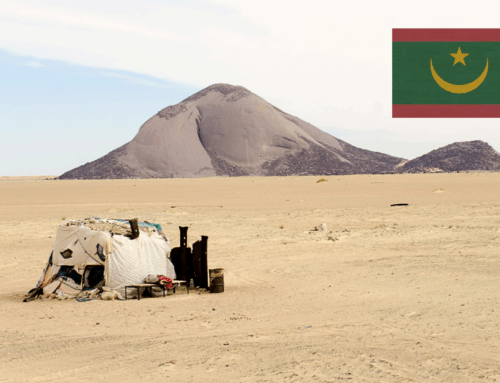The EU imposed sanctions on Russia over the Ukraine war. In mid-June, the movement of goods to and from Russia was restricted. The Russian exclave of Kaliningrad was also affected, which led to protests and threats from Moscow.
De-escalation efforts
There is brisk trade between Russia and Kaliningrad, which runs through EU member Lithuania. In mid-June, Lithuania began restricting freight traffic between the two countries on the basis of EU sanctions. Moscow then responded with threats. Measures with “serious negative consequences for the population” are being planned.
The European Commission has now decided to specify the sanctions. According to the new guidelines, goods can be transported by rail through Lithuania to Kaliningrad – including goods such as wood and cement, which are on the sanctions list. However, these goods may not be transported by russian trucks through the EU.
By correcting the guideline, the European Commission has ensured that the conflict has been defused.
This decision is also welcomed by the United States. The US State Department made this clear in its statement of July 13. There was never a blockade of Kaliningrad. At the same time, the US State Department praised the EU member states, especially Lithuania, for implementing the sanctions.
Source: U.S. Department of State





